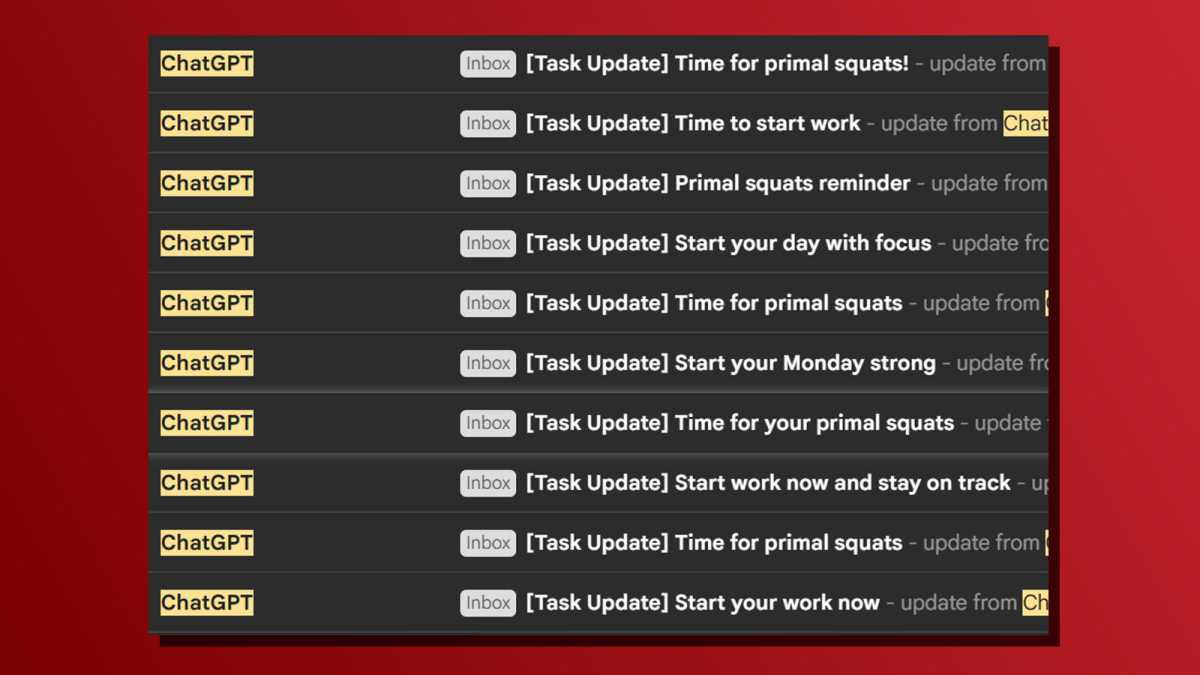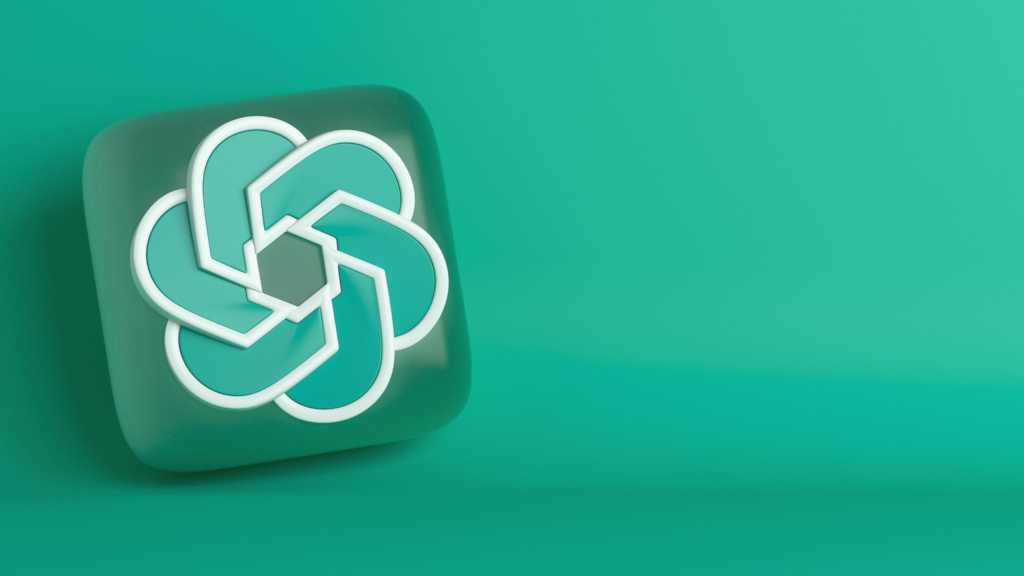Setting the stage for a successful day
As a freelance writer, I’m blessed with work-life autonomy. No one expects me to clock in at a certain time every morning, nor am I expected to be on the clock throughout the day. I write mostly what I want, largely when I want, and as long as I get the work done within a reasonable time frame, I get paid for it. That suits me very, very well.
And like most independent contractors, that leaves me at the mercy of my own self-motivation and ability to concentrate. I’ve long struggled with procrastination, though, and that’s why I loved scheduled tasks. My scatterbrain style somehow adores routine—if I can sink into one, I find it hard to stop. Scheduled tasks help me sink into routine.

Jon Martindale / Foundry
For example, I struggle to just get started every day. With no hard schedule to stick to, it’s easy to let the work day slip away from me. What starts as a 9 AM morning becomes 9:30 AM start after a quick school dropoff, then 10 AM after a quick scroll of Reddit, then 10:30 AM after a quick dog walk, then 11 AM… you get the idea.
So my first foray into ChatGPT being my virtual assistant was to establish a strong start to my days. I now have a daily 10:30 AM reminder: “If you haven’t started yet, it’s time to.” I should probably move that earlier, but I know myself—if it’s too aggressive, I’ll just ignore it. Better for it to be a last resort nudge than an obnoxious provoker.
The results so far have been mixed. If I haven’t started work and I see the email come through, or the notification pops up within the app, it’s usually enough of a kick in the rear to put down whatever I’m distracted by. And the slight variations in the reminder messages make them harder to ignore than standard alarms and calendar events. But I’ll be honest: sometimes I just don’t care what ChatGPT wants me to do and prefer to keep wasting my time. Other days I’m already working when the alert comes through, to which I feel a bit smug. Eat that, ChatGPT.


